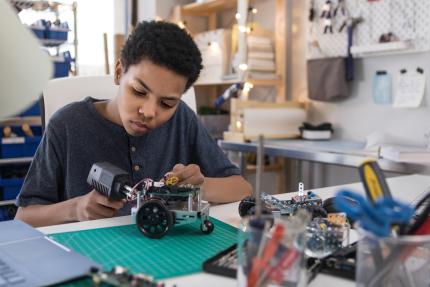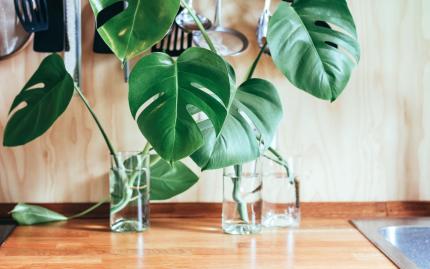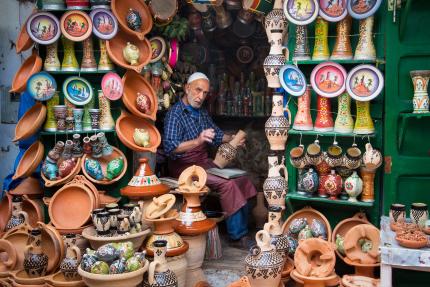Builder's Club: Tween Edition

Kids explore STEAM topics like coding and circuitry in this hands-on, collaborative learning program.

Kids explore STEAM topics like coding and circuitry in this hands-on, collaborative learning program.
Teens design accessible books and activities for people with disabilities.
Don't plan tech programming with only younger crowds in mind! Get seniors involved with easy STEM robots.

Inside Hickory Public Library is a designated area where the community can donate loose plant cuttings.
Where should you spend your limited dollars to ensure the best possible experience for your STEM learners?
School librarians Donna Mignardi and Jennifer Sturge used makerspace concepts to explore classics like "Lord of the Flies."
Griswold Public Library — a small library — wanted a makerspace. They ended up making two.
Got old, outdated or damaged books? Before you toss them into the recycling bin, consider turning them into book art.

Chicago Public Library found a way to celebrate artisans throughout history using the 21st-century technology in their makerspace.
Even without a dedicated makerspace, you can still incorporate maker elements into your day.